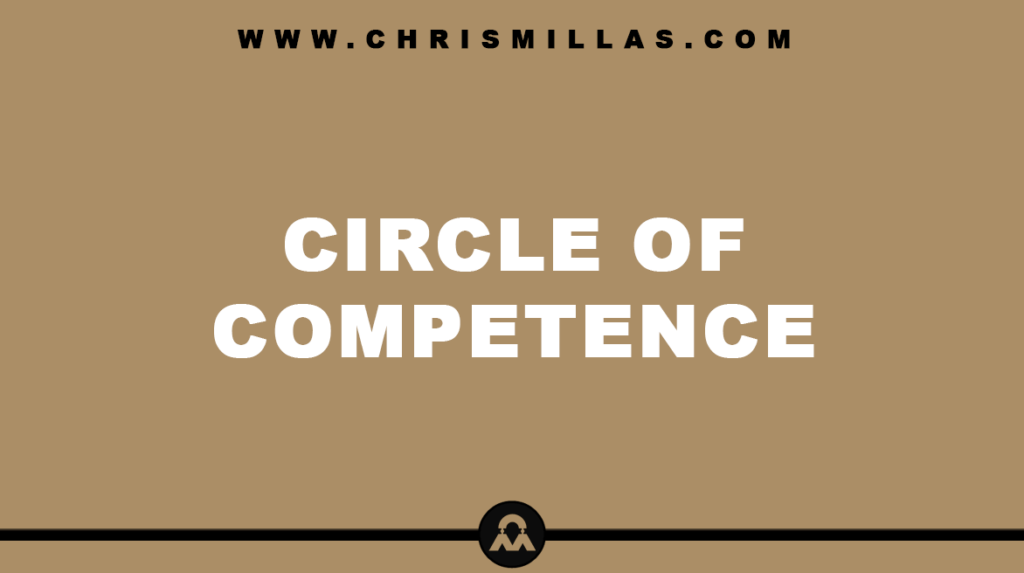In this post, we’ll unpack all you need to know about government, defining exactly what it is, its role, its main functions, the different types of government and more.
What Is Government?
A government is an institution that holds the exclusive power to set and enforce certain rules of social conduct in a given geographical area.
The Role Of Government
The government’s role is to act as referee. It is essential both as a forum for determining the rules of the game and as an umpire for interpreting and enforcing the rules decided on.
However, the source of a government’s authority is derived from the consent of the governed. This means that the government is not the ruler, but the servant of the citizens. As such, the government has no rights except the rights delegated to it by the citizens for a specific purpose.
What Are The Functions of Government?
The proper functions of a government fall into three broad categories. Firstly, to protect the nation against foreign aggression. Secondly, to protect its citizens from domestic criminals. Thirdly, to establish and maintain an objective legal system for resolving disputes.
The 3 Decisions A Country Has To Make
A country has three decisions when selecting its approach to governance.
Firstly, it must determine whether decisions are made from the bottom-up (Democratic) or top down (Autocratic). Secondly, it must determine whether it is capitalist or communist. Thirdly, it must determine whether it is individualistic (which prioritises the well-being of individuals) or collectivist (which prioritises the well-being of the collective).
What Are The Types Of Governments?
Governments across the world manifest in various forms.
Democracies are characterised by the rule of the majority where citizens exercise power directly or elect representatives. Autocracies are characterised by the concentration of power in the hands of a single individual who exercises control over the state without being constitutionally responsible to the public. Monarchies are characterised by a single familial line that inherits leadership, often symbolised by a king or queen. Oligarchies are characterised by the control of a country by a small group of powerful individuals or families. Totalitarian regimes are characterised by the centralisation of authority under a single party or leader.
Market Failures
Market failures occur when the free market fails to allocate resources efficiently.
It is the role of government to correct market failures through interventions, ensuring a more efficient distribution of resources.
Summary (TL;DR)
A government is an institution that holds exclusive power to set and enforce certain rules of social conduct in a given geographical area.
A government’s role is to determine, interpret and enforce the rules of the game. Its three main functions are to protect the nation against foreign aggression, to protect its citizens from domestic criminals and to establish and maintain an objective legal system for resolving disputes.
Types of governments include democracies, autocracies, monarchies, oligarchs and totalitarian regimes.







